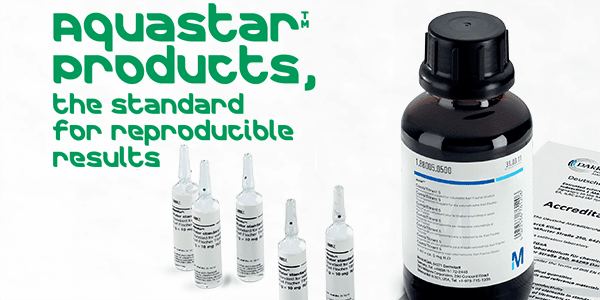The Problem
Vicinal diketones (VDK) are naturaly produced compounds in the fermentation process. The monitoring of VDK levels is of great importance as the concentration of these compounds can greatly alter the flavour of a beverage. VDK’s produce a butter like flavour in the beverage so are undesirable in lighter beers that want a clean crisp taste, but are actually wanted at higher levels in wines to give a smoother taste and feel. The most commonly monitored VDKs are 2,3-butanedione also known a Diacetyl and 2,3-pentanedione also known as Acetyl Propionyl. VDK’s are typically found in the 0-100ppb range in beers, and can be anywhere from 100 to 5000ppb in wine.

Analysis
Ellutia can offer a Headspace Gas Chromatography (HS-GC) system to perform the analysis of VDK’s down to the desired levels. The system comprises of an Ellutia 200 series GC fitted with an Electron Capture Detector (ECD) a headspace autosampler such as the Ellutia EL2100H. Before any analysis can take place the sample must first be degassed, the simplest way to achive this is repeatadly pass the sample between two beakers untill the sample stops foaming. This is to help prevent pressure forming when the sample is heated in the headspace vial and from the CO2 elluting during the chromatography. Once degassed 2ml of the sample is then placed into 20ml headspace vial which is then purged with nitrogen. This is to help prevent oxygen in the air interfering with the chromatography. The samples can then be run using the conditions below.






